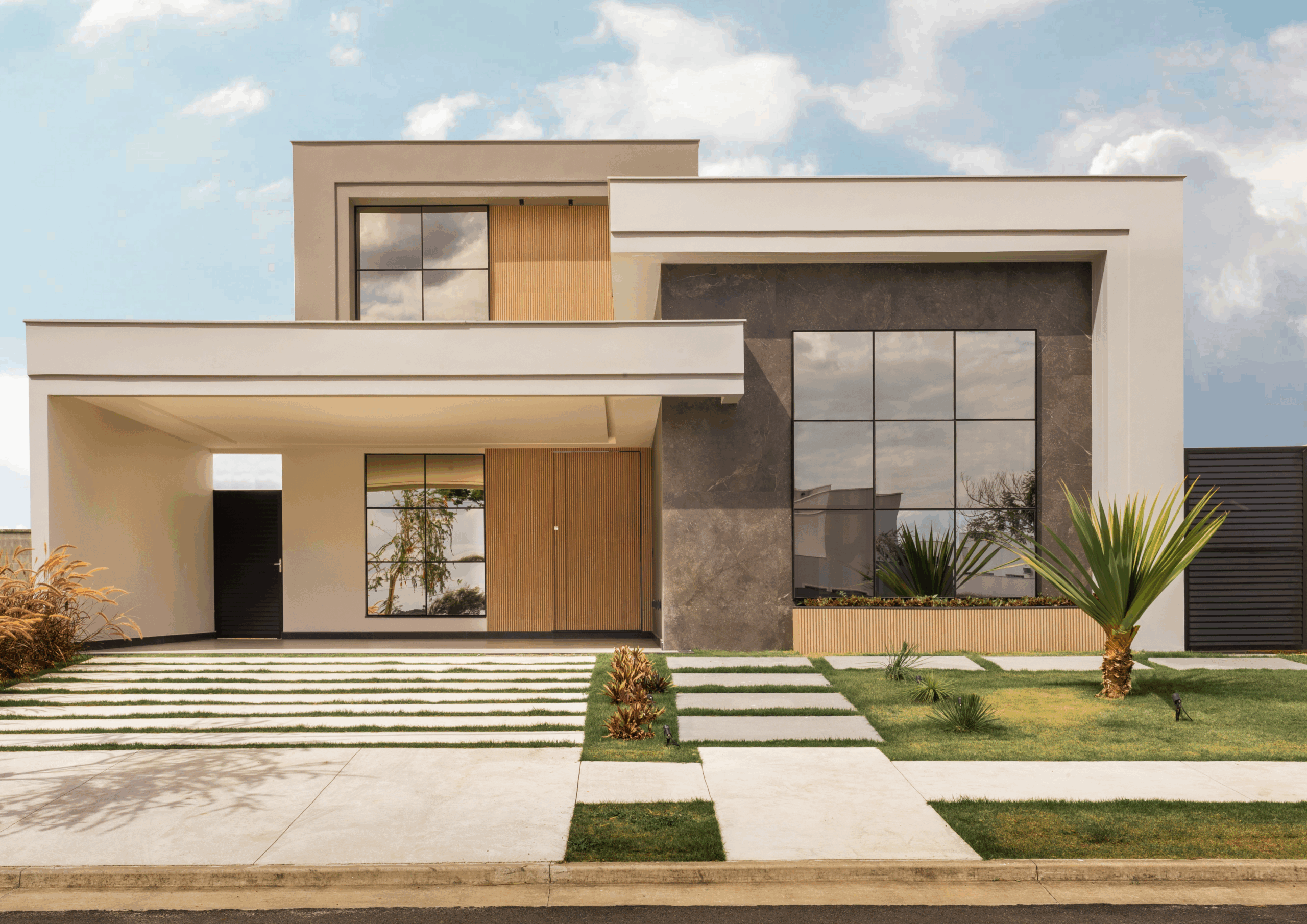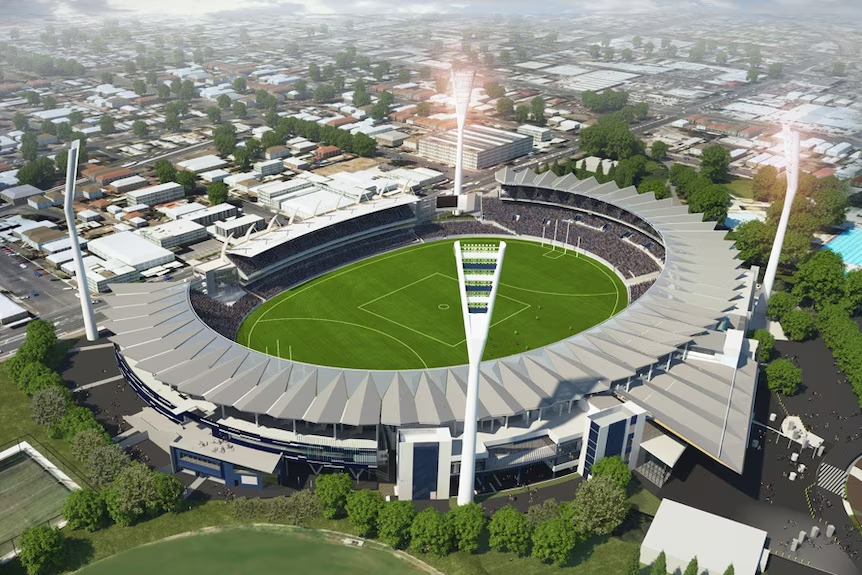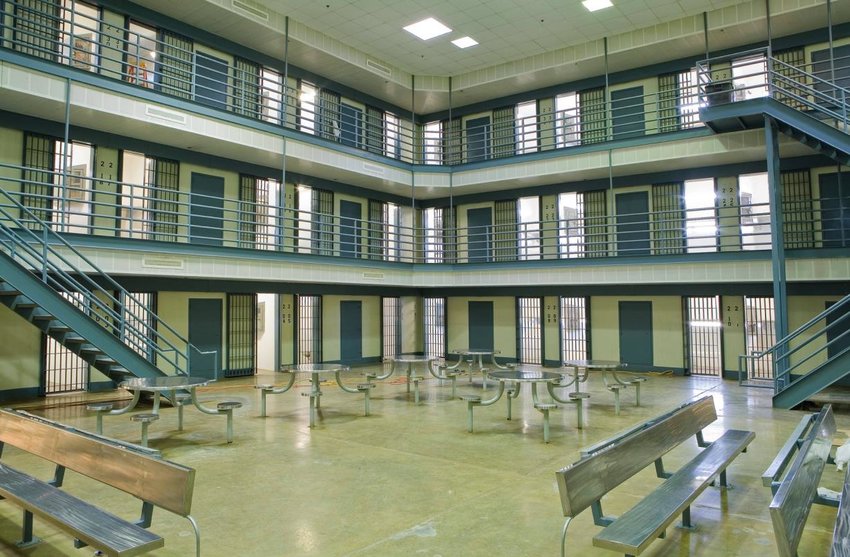FREQUENTLY ASKED QUESTIONS
FAQs
Find answers and solutions to common building surveying queries. If you can’t find what you’re looking for, contact us — our team is here to help.
- Home
- FAQs
Building Permits
When do I need to apply for a building permit?
A building permit is generally required for most construction, renovation, or demolition projects to ensure they meet safety and compliance standards. Examples include building a house, extending a property, or constructing a garage.
Need help determining if your project requires a permit? Contact us for expert advice!
Need help determining if your project requires a permit? Contact us for expert advice!
I’m only putting up a garden shed. Do I still need a building permit?
In many cases, a building permit is required for garden sheds, especially if they exceed certain height, size, or boundary limits. Regulations can vary, so it’s essential to check with your local authority or consult a building surveyor.
Not sure if your garden shed needs approval? Get in touch with us, and we’ll guide you through the process!
Not sure if your garden shed needs approval? Get in touch with us, and we’ll guide you through the process!
Can I apply for a building permit myself, or do I need a building surveyor?
You can apply for a building permit yourself, but a licensed building surveyor must issue it. They’ll review your plans to ensure compliance with all legal and safety standards.
Need a licensed surveyor for your project? Contact us today, and we’ll handle the process for you!
Need a licensed surveyor for your project? Contact us today, and we’ll handle the process for you!
How long does it take to get a building permit?
This is a complex question — and the answer is impossible to predict as it depends entirely on the individual aspects of your project.
Once we receive all required documentation and assessments (fully completed and accurate), standard permits may be issued within 1–3 weeks. For residential projects, once all documents are received and correct, clients can generally expect their Building Surveyors Report within 10 working days.
However, the process for clients to complete all required documents and assessments often takes them several months or more to compile prior to submission to us.
For larger commercial or more complex projects, especially those needing planning approvals, performance solutions or involvement from other consultants, the process can take up to 3 months or even longer.
Key factors that influence the timeframe include:
- Completeness and accuracy of your documents
- Project complexity and type (residential vs commercial)
- Planning overlays or council approvals
- Need for performance-based solutions
- How quickly additional information is provided
The most common delay is waiting to receive all necessary documentation. - The sooner we have everything, the sooner we can begin!
Contact us today — we’ll guide you through the process and get your permit underway as quickly as possible.
Once we receive all required documentation and assessments (fully completed and accurate), standard permits may be issued within 1–3 weeks. For residential projects, once all documents are received and correct, clients can generally expect their Building Surveyors Report within 10 working days.
However, the process for clients to complete all required documents and assessments often takes them several months or more to compile prior to submission to us.
For larger commercial or more complex projects, especially those needing planning approvals, performance solutions or involvement from other consultants, the process can take up to 3 months or even longer.
Key factors that influence the timeframe include:
- Completeness and accuracy of your documents
- Project complexity and type (residential vs commercial)
- Planning overlays or council approvals
- Need for performance-based solutions
- How quickly additional information is provided
The most common delay is waiting to receive all necessary documentation. - The sooner we have everything, the sooner we can begin!
Contact us today — we’ll guide you through the process and get your permit underway as quickly as possible.
What happens if I don’t get a building permit when required?
Failing to obtain a building permit can result in significant fines, legal action, or having to dismantle non-compliant structures. It’s always better to confirm whether a permit is needed before starting work.
Avoid costly mistakes—speak with us to confirm your permit requirements before starting your project!
Avoid costly mistakes—speak with us to confirm your permit requirements before starting your project!
What documents are required when applying for a building permit?
When applying for a building permit, you'll typically need to provide:
• Detailed architectural plans and specifications
• Allotment plans
• Soil reports
• Engineering computations and drawings
• Evidence of ownership or authorization
• Any relevant planning permits
Specific requirements may vary, so it's advisable to consult with your building surveyor or local council.
Need assistance with your building permit application? Contact us for expert guidance!
• Detailed architectural plans and specifications
• Allotment plans
• Soil reports
• Engineering computations and drawings
• Evidence of ownership or authorization
• Any relevant planning permits
Specific requirements may vary, so it's advisable to consult with your building surveyor or local council.
Need assistance with your building permit application? Contact us for expert guidance!
Are there exemptions to requiring a building permit in Victoria?
Yes, certain minor works may be exempt from requiring a building permit. For example, constructing a small shed (not exceeding 10m²), certain pergolas, or minor repair works might not require a permit. However, exemptions are specific and it's crucial to verify with the VBA or your local council before commencing any work.
Unsure if your project requires a permit? Get in touch with us for clarification!
Unsure if your project requires a permit? Get in touch with us for clarification!
What are the consequences of not obtaining a building permit when required?
Undertaking building work without a required permit can lead to significant penalties, including fines, legal action, and orders to demolish non-compliant structures. It's essential to ensure all necessary permits are obtained before starting any building work.
Avoid potential penalties—contact us to ensure your project complies with all legal requirements!
Avoid potential penalties—contact us to ensure your project complies with all legal requirements!
What is the difference between a building permit and a planning permit?
A planning permit is approval from your local council to use or develop land in a certain way, while a building permit ensures the construction complies with safety and building regulations. You’ll typically need a planning permit first to confirm what you can build, followed by a building permit to confirm how it must be built.
Need help navigating the permit process? Contact us today for expert guidance.
Need help navigating the permit process? Contact us today for expert guidance.
How do I know if I need a planning permit in addition to a building permit?
A planning permit is different from a building permit and relates to the use and development of land. Whether you need a planning permit depends on local council regulations, zoning, and the specifics of your project. It's advisable to consult your local council's planning department to determine if a planning permit is required before applying for a building permit.
Need help navigating planning and building permits? Reach out to us for professional assistance!
Need help navigating planning and building permits? Reach out to us for professional assistance!
What are the requirements for a residential building permit?
To obtain a residential building permit, you'll need detailed building plans, engineering reports, proof of ownership, and compliance with local building codes and energy efficiency standards. Whether you're using a registered builder or applying as an owner-builder, having the right documentation is essential for approval.
Need help preparing your building permit application? Contact us today to get started.
Need help preparing your building permit application? Contact us today to get started.
Essential Safety Measures (ESMs)
What are essential safety measures, and when do I need them?
Essential safety measures (ESMs) refer to features like fire detection systems, emergency exits, and fire extinguishers that ensure a building’s safety. Regular inspections and maintenance are required, especially in commercial or public buildings, to comply with regulations.
Unsure about essential safety checks for your property? Reach out to us, and we’ll help ensure your building meets all requirements!
Unsure about essential safety checks for your property? Reach out to us, and we’ll help ensure your building meets all requirements!
Why is the Annual ESM Report (AESMR) important?
The Annual Essential Safety Measures Report (AESMR) is a mandatory document that confirms ongoing compliance. It protects building occupants, supports insurance claims, and helps safeguard the value of your property. Without it, owners may face penalties or denied insurance coverage in the event of an incident
Who is responsible for maintaining ESMs?
Commercial property owners are legally responsible for ensuring all ESMs are properly maintained. This includes regular inspections, testing, and documentation as outlined in the Building Regulations. Failure to comply can result in fines, legal liability, and insurance complications
Demolition & Construction
Do I need a permit to demolish a building?
Yes. Whether you're planning a full or partial demolition, a building permit is typically required. This ensures the work complies with safety, environmental, and heritage regulations
What documents are needed for a demolition permit?
You’ll need a completed application form, site and structural drawings, proof of ownership, a demolition method statement, public liability insurance, and in some cases, Section 29A consent from council.
Need help navigating the demolition permit process? Contact us today for expert guidance.
Need help navigating the demolition permit process? Contact us today for expert guidance.
Can I demolish part of a building and keep the rest?
Yes, but partial demolitions require careful planning. Structural drawings and engineering input may be needed to ensure the remaining structure is safe and stable.
Need help navigating planning and building permits? Reach out to us for professional assistance!
Need help navigating planning and building permits? Reach out to us for professional assistance!
What is Section 29A consent and when is it required?
Section 29A consent is council approval required before demolishing a building that may have heritage or planning significance. It must be obtained before a demolition permit can be issued.
Ensure your project is compliant—contact us to schedule your final inspection!
Ensure your project is compliant—contact us to schedule your final inspection!
Who can carry out demolition work?
Demolition must be performed by a registered demolition practitioner with the appropriate insurance, experience, and equipment. Evidence of this is required as part of the permit application.
Ensure your project is compliant—contact us to schedule your final inspection!
Ensure your project is compliant—contact us to schedule your final inspection!
What are the safety requirements during demolition?
Demolition work must follow the WorkSafe Demolition Code of Practice. This includes risk assessments, safe work method statements, service disconnections, and protection of adjoining properties.
When do I need a construction permit?
A building permit is required for most construction work, including new builds, extensions, structural alterations, and internal fit-outs involving fire safety or accessibility.
Consulting & Inspections
What does a building consultant do?
A building consultant provides expert advice on compliance, performance solutions, fire safety, accessibility, and interpreting the National Construction Code (NCC). Their role is to help you make informed decisions and reduce risk throughout your project.
Need assistance with building consulting for your project? Contact our team for support.
Need assistance with building consulting for your project? Contact our team for support.
When should I engage a building consultant?
Ideally, as early as possible. Engaging a consultant during the planning or design phase can help identify compliance risks before they become costly problems and ensure your project aligns with regulatory requirements from the outset.
Have questions about your specific project? Talk to our team for tailored advice on residential and commercial requirements - Australia-wide!
Have questions about your specific project? Talk to our team for tailored advice on residential and commercial requirements - Australia-wide!
What types of inspections do you offer?
We conduct site inspections to assess compliance with approved plans, identify potential issues early, and ensure construction meets required standards. These can be one-off or part of an ongoing compliance program.
Are your services available outside Victoria?
Absolutely. Our consulting and inspection services are available across Victoria and extend Australia-wide for clients seeking expert guidance on building compliance and regulatory matters.
Fire Safety & Risk
What is a fire safety audit and why is it important?
A fire safety audit is a comprehensive review of your building’s fire protection systems, evacuation procedures, and compliance with fire safety regulations. It helps ensure the safety of occupants, protects property, and supports legal and insurance compliance.
When should I schedule a fire safety audit?
Fire safety audits should be conducted annually for schools, public venues, and commercial buildings. They’re also recommended before developing a fire plan or after any building alterations.
What does a fire safety audit include?
Audits typically assess fire alarms, extinguishers, emergency lighting, exit signage, evacuation plans, and construction materials. They are tailored to your building type and use.
How do occupant characteristics affect fire risk management?
Fire safety strategies must consider the mobility, responsiveness, and behavioural risks of occupants. For example, facilities may need fire-retardant furnishings or increased monitoring for high-risk individuals.
Not sure if this applies to you? Contact our friendly team to see how we can help!
Not sure if this applies to you? Contact our friendly team to see how we can help!
Liquor Licensing & Capacity Assessments
Liquor Licensing & Capacity Assessments
A liquor licence measure-up involves accurately calculating the floor area and patron capacity of your venue. This information is required by licensing authorities to ensure your space complies with safety, accessibility, and occupancy regulations.
What types of venues need a liquor licence assessment?
Any venue serving alcohol—such as bars, restaurants, cafés, breweries, and event spaces—requires a liquor licence assessment as part of the application or renewal process!
What’s included in your liquor licence assessment service?
Our service includes on-site measurement of usable floor areas, assessment of maximum patron capacity, and preparation of all required documentation for submission to licensing authorities. We also advise on layout and compliance risks.
Need expert support for your next project? Get in touch with our team today.
Need expert support for your next project? Get in touch with our team today.
What are common reasons liquor licence applications are delayed?
One of the most common reasons is incorrect or incomplete floor area and capacity data. Our team ensures your documentation is accurate and complete to avoid delays or rejections.
Do you work with councils and architects during the process?
Yes. We collaborate closely with councils, architects, and hospitality operators to streamline the licensing process and ensure all compliance requirements are met from the outset.
Performance Solutions
What is a performance solution and when is it needed?
A performance solution is a tailored compliance strategy used when a project doesn’t meet the standard Deemed-to-Satisfy (DtS) provisions of the National Construction Code. It’s often required for unique designs, non-standard materials, or complex layouts—allowing flexibility while still meeting safety and regulatory requirement.
What types of issues can performance solutions address?
Performance solutions can be applied to a wide range of challenges, including fire safety, structural performance, accessibility, energy efficiency, and plumbing systems. They are especially useful in Class 2–9 buildings and can help reduce construction costs and approval delays.
How is compliance demonstrated in a performance solution?
Compliance is demonstrated through approved assessment methods such as expert judgement, verification methods, or comparison with DtS provisions. The solution must show that the design meets or exceeds the intent of the relevant performance requirements in the NCC.
General
What is the difference between a building surveyor and a land surveyor?
A land surveyor measures and maps land to determine property boundaries and assist with subdivisions or development planning, while a building surveyor ensures construction meets safety standards and complies with building codes. Both play crucial roles at different stages; land surveyors define where you can build, and building surveyors ensure it’s built correctly.
Need expert support for your next project? Get in touch with our team today.
Need expert support for your next project? Get in touch with our team today.
What is the role of a building surveyor in Victoria?
A building surveyor is responsible for ensuring that building work complies with legal requirements. They issue building permits, conduct inspections during construction, and provide occupancy permits or certificates of final inspection upon project completion.
Need a qualified building surveyor? Contact us to discuss your project requirements!
Need a qualified building surveyor? Contact us to discuss your project requirements!
What is the difference between a building permit and a planning permit?
A planning permit is approval from your local council to use or develop land in a certain way, while a building permit ensures the construction complies with safety and building regulations. You’ll typically need a planning permit first to confirm what you can build, followed by a building permit to confirm how it must be built.
Need help navigating the permit process? Contact us today for expert guidance.
Need help navigating the permit process? Contact us today for expert guidance.
When do I need to apply for a building permit?
A building permit is generally required for most construction, renovation, or demolition projects to ensure they meet safety and compliance standards. Examples include building a house, extending a property, or constructing a garage.
Need help determining if your project requires a permit? Contact us for expert advice!
Need help determining if your project requires a permit? Contact us for expert advice!
I’m only putting up a garden shed. Do I still need a building permit?
In many cases, a building permit is required for garden sheds, especially if they exceed certain height, size, or boundary limits. Regulations can vary, so it’s essential to check with your local authority or consult a building surveyor.
Not sure if your garden shed needs approval? Get in touch with us, and we’ll guide you through the process!
Not sure if your garden shed needs approval? Get in touch with us, and we’ll guide you through the process!
What is an occupancy permit, and when do I need one?
An occupancy permit is a certificate issued after final inspections confirm that a building is safe and fit for use. It’s required for newly constructed buildings and significant renovations. Some smaller projects may only need a certificate of final inspection instead.
Need assistance with obtaining an occupancy permit? Contact us for support!
Need assistance with obtaining an occupancy permit? Contact us for support!
What’s the difference between residential and commercial building requirements?
Residential projects are typically smaller in scale and focus on personal living spaces, while commercial buildings must meet stricter safety, accessibility, and usage standards. This includes specific fire safety measures, accessibility provisions, and zoning regulations.
Have questions about your specific project? Talk to our team for tailored advice on residential and commercial requirements!
Have questions about your specific project? Talk to our team for tailored advice on residential and commercial requirements!
How long does it take to get a building permit?
The timeframe for obtaining a permit can vary depending on the complexity of your project and the completeness of your application. On average, it takes 1-3 weeks, but it could take longer for larger or more complex projects.
Want to speed up your building permit application? Let us help to ensure everything is in order!
Want to speed up your building permit application? Let us help to ensure everything is in order!
Can I choose my own building surveyor, or must I use the one recommended by my builder?
In Victoria, you have the right to appoint your own building surveyor. While a builder may recommend one, the final choice is yours. It's important to note that your builder cannot appoint a private building surveyor on your behalf without your written consent.
Looking for a trusted building surveyor? Reach out to us to see how we can assist!
Looking for a trusted building surveyor? Reach out to us to see how we can assist!
What documents are required when applying for a building permit?
When applying for a building permit, you'll typically need to provide:
• Detailed architectural plans and specifications
• Allotment plans
• Soil reports
• Engineering computations and drawings
• Evidence of ownership or authorization
• Any relevant planning permits
Specific requirements may vary, so it's advisable to consult with your building surveyor or local council.
Need assistance with your building permit application? Contact us for expert guidance!
• Detailed architectural plans and specifications
• Allotment plans
• Soil reports
• Engineering computations and drawings
• Evidence of ownership or authorization
• Any relevant planning permits
Specific requirements may vary, so it's advisable to consult with your building surveyor or local council.
Need assistance with your building permit application? Contact us for expert guidance!
Are there exemptions to requiring a building permit in Victoria?
Yes, certain minor works may be exempt from requiring a building permit. For example, constructing a small shed (not exceeding 10m²), certain pergolas, or minor repair works might not require a permit. However, exemptions are specific and it's crucial to verify with the VBA or your local council before commencing any work.
Unsure if your project requires a permit? Get in touch with us for clarification!
Unsure if your project requires a permit? Get in touch with us for clarification!
What are the consequences of not obtaining a building permit when required?
Undertaking building work without a required permit can lead to significant penalties, including fines, legal action, and orders to demolish non-compliant structures. It's essential to ensure all necessary permits are obtained before starting any building work.
Avoid potential penalties—contact us to ensure your project complies with all legal requirements!
Avoid potential penalties—contact us to ensure your project complies with all legal requirements!
How do I know if I need a planning permit in addition to a building permit?
A planning permit is different from a building permit and relates to the use and development of land. Whether you need a planning permit depends on local council regulations, zoning, and the specifics of your project. It's advisable to consult your local council's planning department to determine if a planning permit is required before applying for a building permit.
Need help navigating planning and building permits? Reach out to us for professional assistance!
Need help navigating planning and building permits? Reach out to us for professional assistance!
What is a Certificate of Final Inspection, and when is it required?
A Certificate of Final Inspection is issued for building work that doesn't require an occupancy permit, typically alterations or additions to existing buildings. It signifies that the work has been completed in accordance with the approved permit and complies with building regulations.
Ensure your project is compliant—contact us to schedule your final inspection!
Ensure your project is compliant—contact us to schedule your final inspection!
How can I verify if a building practitioner is registered in Victoria?
You can verify the registration of a building practitioner by searching the VBA's online register. This ensures that the practitioner is qualified and authorized to perform building work in Victoria.
Need help finding a registered practitioner? Contact us for assistance!
Need help finding a registered practitioner? Contact us for assistance!
What are the requirements for a residential building permit?
To obtain a residential building permit, you'll need detailed building plans, engineering reports, proof of ownership, and compliance with local building codes and energy efficiency standards. Whether you're using a registered builder or applying as an owner-builder, having the right documentation is essential for approval.
Need help preparing your building permit application? Contact us today to get started.
Need help preparing your building permit application? Contact us today to get started.
What should I do if I have a dispute with my builder or building surveyor?
If you encounter a dispute, it's advisable to first attempt resolution through direct communication. If unresolved, you can seek assistance from the Domestic Building Dispute Resolution Victoria (DBDRV) or the Victorian Civil and Administrative Tribunal (VCAT).
Facing a dispute? Reach out to us for guidance on the next steps!
Facing a dispute? Reach out to us for guidance on the next steps!
Couldn’t Find Your Answer? Ask Us!
We will answer any questions you have, don’t hesitate to contact us.
We aim to reply to all queries within 1-2 business days.






